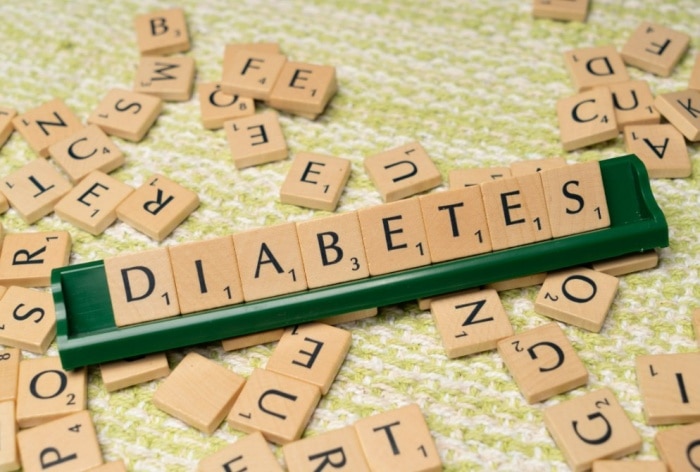Sugar is not the only thing that may increase the risk of diabetes. This condiment used in every food can also lead to diabetes type 2.
Diabetes Type 2 : Diabetes is a growing health problem in Idia with millions of people living with this metabolic health condition. When we say diabetes, limiting sugar intake is what we make our first association with. However, according to a recent study, it is not just sugar that can put you at risk of diabetes type 2, but another everyday ingredient as well.
Tulane University in New Orleans conducted a study that concluded how salt or increased sodium intake may also lead to development of Diabetes type 2. According to a report by the Conversation, The Tulane study can only suggest an association between salt use and the risk of developing type 2 diabetes – nothing more.
WHAT DOES THE STUDY SAY?
A comprehensive survey of more than 4,00,000 adults registered in the UK Biobank over a period of 11.8 years showed that people who ‘sometimes’, ‘usually’ or ‘always’ added salt to their meals had an associated 13%, 20% and 39% higher likelihood of developing type 2 diabetes, as opposed to those who ‘never’ or ‘rarely’ used salt.
HOW SALT AFFECTS DIABETES?
The American Diabetes Association recommends that people with diabetes limit their sodium intake to 2,300 milligrams (mg) per day.
- Hypertension: As salt consumption increases, so does the risk of hypertension. Given that many diabetics concurrently struggle with high blood pressure, this exacerbates an already existing condition, making management more complex.
- Heart Strain: With increased sodium levels, there’s a higher blood volume circulating, which puts additional strain on the heart and blood vessels. This is particularly risky for those with diabetes, as they’re already at a higher predisposition for cardiac ailments
- Kidney Problems: Diabetes can compromise kidney function, and high salt intake can accelerate the decline, potentially hastening the progression to diabetic kidney disease.
- Weight management and metabolic control: While salt doesn’t directly affect glucose levels, high-salt diets are frequently calorie-rich and can contribute to weight gain, thereby indirectly influencing blood sugar regulation.
To avoid and manage type 2 diabetes, diet is crucial. Whole foods including fruits, vegetables, whole grains, lean meats, and healthy fats should be the focus of a nutritious and balanced eating plan.

